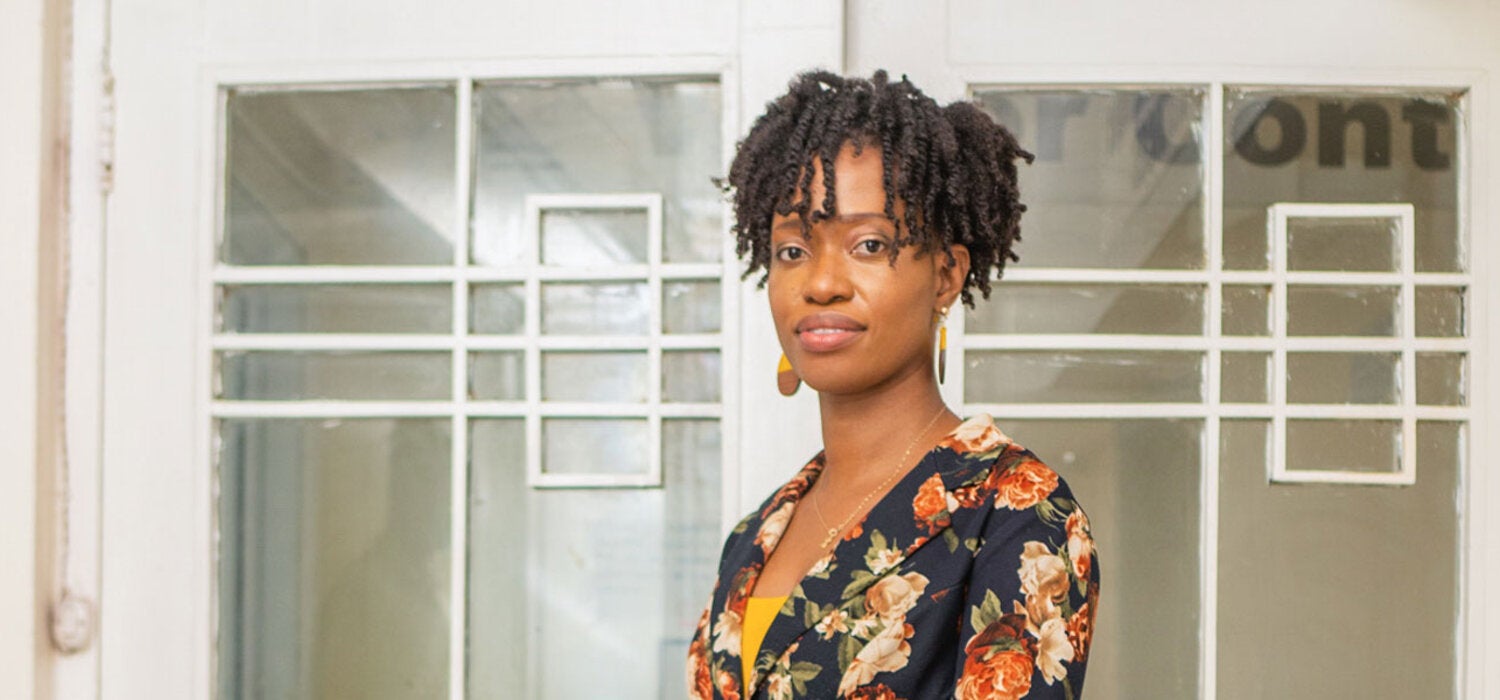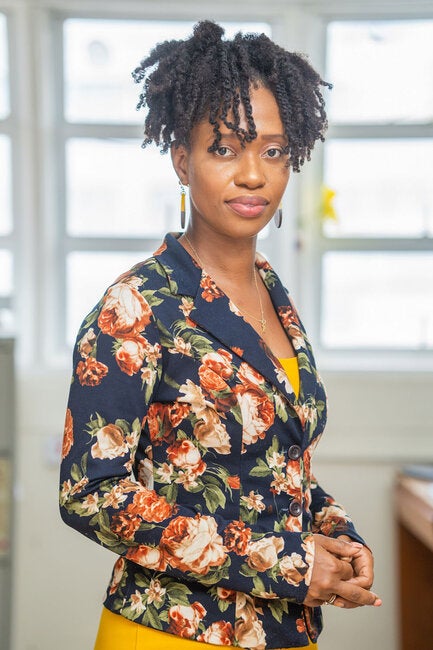28th July 2021 — With first-hand social knowledge of both rural and urban communities in Guyana, Dr. Cassindra Alonzo-Ash is no stranger to the diverse cultural landscape of her country of birth. A graduate of the Latin America School of Medicine in Cuba, this 38-year-old medical practitioner has selflessly used her lived experiences to better understand the healthcare needs of citizens with her upbringing between the capital city of Georgetown and the administrative centre of Mabaruma – the latter, a quiet village nestled closely to the rainforest, bordered by the Aruka River. Particularly during the COVID-19 pandemic, this familiarity has further driven Dr. Alonzo-Ash’s desire to focus on broader healthcare needs as a Hotline Operator and Frontline Worker - such as developing coping mechanisms and leveraging mental health and psychosocial support (MHPSS) in various catchment areas across the country.
According to Alonzo-Ash, one of the greatest challenges for her and the volunteer-based hotline team was encountering triggers from informational overload en masse. “When we got our first cases and I was exposed to the hotline, there were lots of persons who would call in, panicking – from googling information or watching reports of the signs and symptoms on television, especially during March to May 2020,” she recalled. “I remember one young lady who called during one of my midnight-to-morning shifts who would have read information on Facebook and called the hotline after seeing those details because she incorrectly self-diagnosed for shortness of breath, which is one of the pervasive symptoms of COVID-19.” Consequently, there was a wider revelation happening parallel to the pandemic for the medical task force –members of the general public were also using the hotline as a guide to ask for help during periods of mental and emotional distress.




